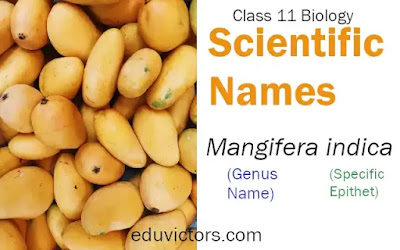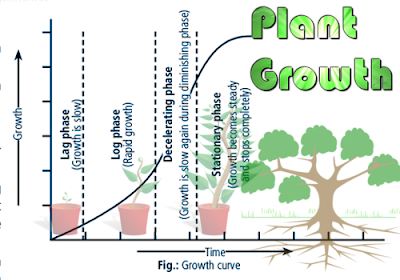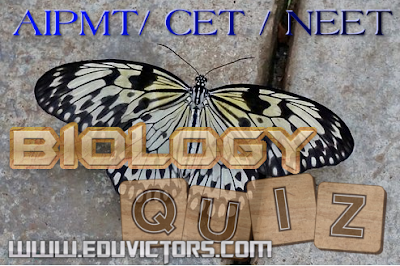How does Ion Movement and Gradients play an important role in diffusion and osmosis in plasma membrane?
Class 11 Biology
Ion movement and gradients play an important role in diffusion and osmosis in plasma membranes.
- Diffusion is the movement of particles from an area of high concentration to an area of low concentration. In the case of plasma membranes, ions will diffuse from an area where they are more concentrated to an area where they are less concentrated. This process is driven by the kinetic energy of the ions, and it does not require any energy input from the cell.
- Osmosis is the movement of water across a semipermeable membrane from an area where it is more concentrated to an area where it is less concentrated. The concentration of water is affected by the concentration of dissolved ions. In the case of plasma membranes, water will move from an area where there is a high concentration of dissolved ions to an area where there is a low concentration of dissolved ions. This process is also driven by the kinetic energy of the water molecules, and it does not require any energy input from the cell.
Ion movement and gradients can affect the rates of diffusion and osmosis in plasma membranes. For example, if the concentration of ions on one side of the membrane is increased, the rate of diffusion of those ions will decrease. This is because the ions will be more likely to collide with each other and with the membrane, which will slow them down. Similarly, if the concentration of water on one side of the membrane is increased, the rate of osmosis will decrease. This is because the water molecules will be more likely to collide with each other and with the membrane, which will slow them down.
Ion movement and gradients are also important for the maintenance of the resting membrane potential. The resting membrane potential is a difference in electrical charge between the inside and outside of a cell. This difference in charge is created by the unequal distribution of ions across the membrane. The concentration of sodium ions is higher outside the cell, while the concentration of potassium ions is higher inside the cell. This difference in ion concentration creates an electrical gradient across the membrane. The resting membrane potential is important for a variety of cell functions, including cell signaling and cell division.



















